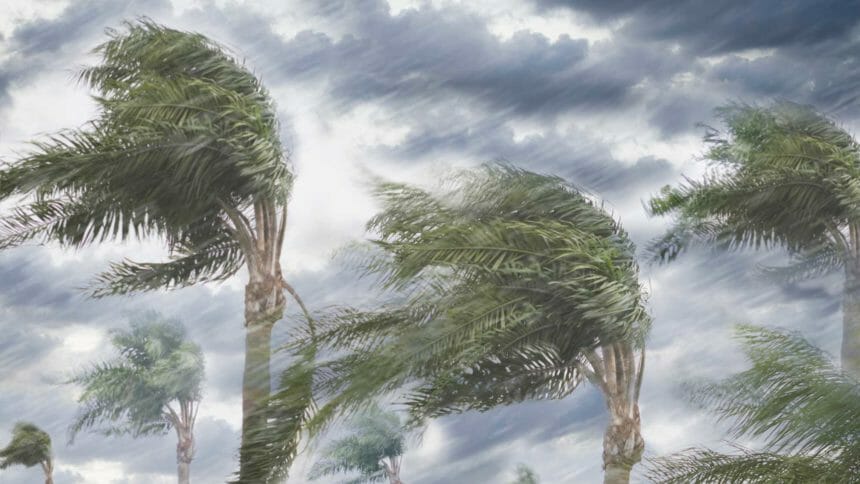
A University of South Florida study into evacuation versus sheltering-in-place decisions at assisted living communities and skilled nursing facilities in response to hurricanes won’t be complete until 2021, but some things already are becoming apparent to the researchers.
Lindsay Peterson, Ph.D., a research assistant professor at the Tampa, FL, university, and colleagues, are conducting a quantitative analysis of Medicare data related to Hurricane Irma in Florida and Hurricane Harvey in Texas to see how residents’ health was affected under either scenario. And for a qualitative analysis, they are interviewing 70 assisted living and 30 nursing home administrators (or administrative staff) in Florida to understand more about their decisions to evacuate or shelter in place and the effects of the hurricanes on their facilities, staff members and residents.
“One thing that is clear in a lot of our interviews is that these are very, very hard decisions. Many administrators rely on their local emergency managers to determine what to do,” Peterson told McKnight’s Senior Living. “And while these emergency operations centers’ first priority is to keep people safe in a disaster, some of them have a limited understanding of the vulnerabilities of long-term care residents and the risks of evacuation. Others, however, are sensitive to this.”
Results from the National Institute on Aging-funded study, Peterson said, will be coming in over the next two to 10 months, and she and colleagues will be sharing them at next month’s Gerontological Society of America meeting and in other ways.
The research involves all assisted living communities and nursing homes in Florida and those in Texas that were most affected by Harvey, in and around Houston. Previous research focused on nursing homes, but “[we] decided to include assisted living because these residents are vulnerable, too – many with a level of acuity matching that of nursing home residents,” Peterson said. “Assisted living is a fast-growing segment of long-term care with a high number of residents with cognitive impairment.”
The quantitative analysis of Medicare data will focus on the health outcomes of residents in all of the assisted living communities and nursing homes in Florida and parts of Texas 30 and 90 days after hurricane landfall in the two states. Researchers are making adjustments for Texas because Hurricane Harvey had more than one landfall, and many of the evacuations came after landfall because of the rain that followed, Peterson said.
They hope that their efforts will be helpful to long-term care facilities in the future.
“Overall, the uncertainty and fear surrounding these severe weather events are a huge challenge to sound decision-making,” Peterson said. “One question that keeps coming up in our discussions is how to locate and build long-term care facilities that are not vulnerable to harm from wind or water in a disastrous storm – places where residents can safely remain during a storm. Another thing that we are learning is that while these events are very hard on residents, they are also very taxing to staff, many of whom go way above and beyond to keep their residents safe and comfortable during these events.”



